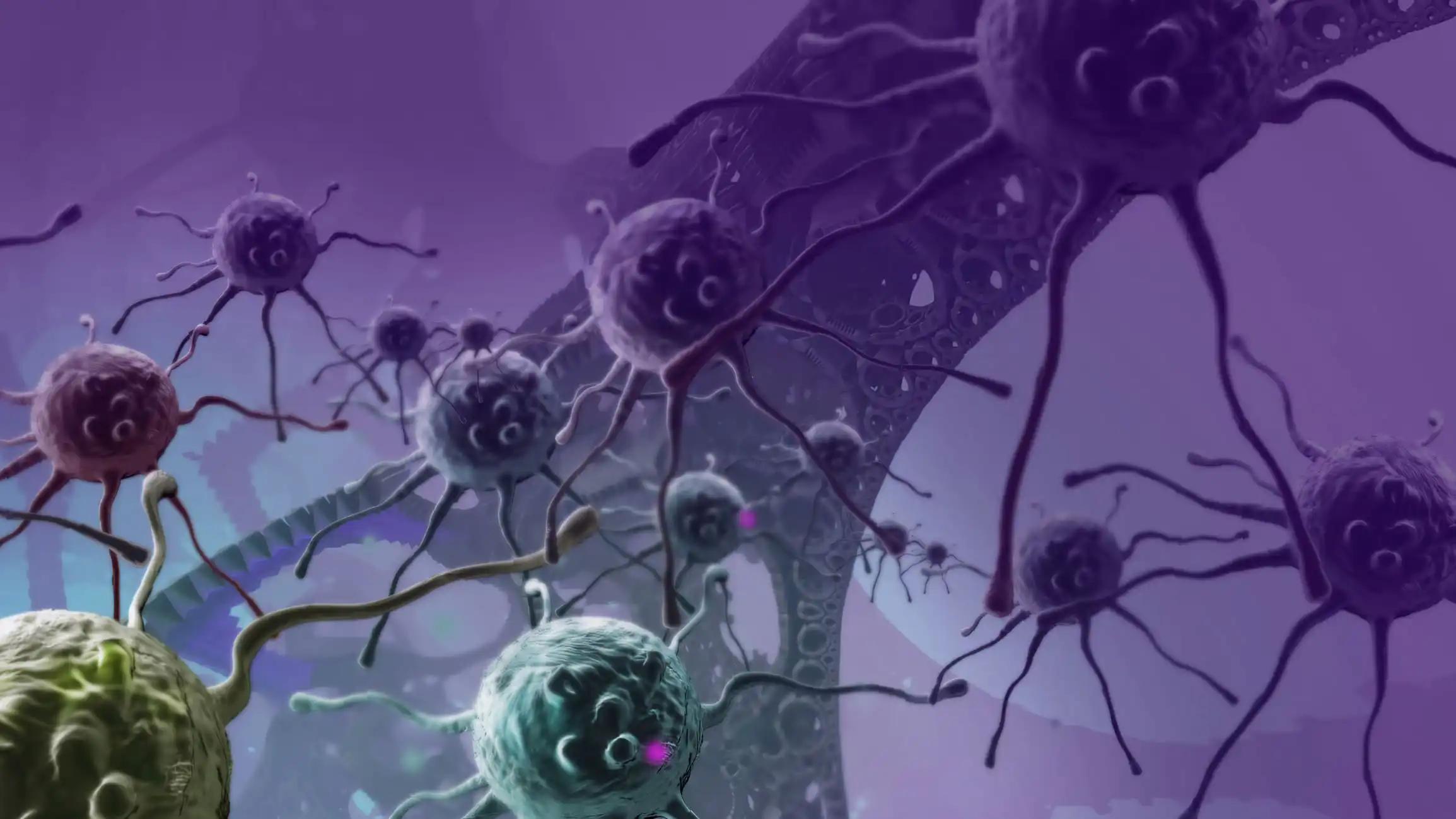KEY TAKEAWAYS
- The study aimed to assess the viability of utilizing ultrasonic aspirator-resected tumor tissue for fast DNA methylation-based analysis.
- Researchers concluded that utilizing nanopore sequencing enables feasible methylation-based classification of pediatric CNS tumors.
While cavitating ultrasonic aspirators are prevalent in neurosurgery, their derived tumor material’s diagnostic suitability for brain cancer remains contentious.
Michèle Simon and the team aimed to investigate the viability of utilizing ultrasonic aspirator-resected tumor tissue for rapid DNA methylation-based analysis.
Specimens derived from pediatric patients undergoing brain tumor resection via ultrasonic aspirator were analyzed using low-pass nanopore whole genome sequencing. A neural network classifier was employed for DNA methylation-based classification, along with copy number variation analysis. Tumor purity was estimated from copy number profiles. Results were compared to routine neuropathological histomorphological and molecular evaluations based on microarray (EPIC).
The results revealed that 19 samples with confirmed neuropathological diagnoses underwent evaluation, all successfully passing quality control for further analysis after sequencing. DNA and sequencing characteristics from ultrasonic aspirator-derived specimens were found to be comparable to routinely processed tumor tissue.
In 17 out of 19 cases (89%), the methylation class classification was concordant between the 2 methods. Nanopore-based classification demonstrated 100% specificity with a sensitivity of 79% upon application of a platform-specific threshold. Copy number variation profiles were generated for all cases, matching EPIC results in 18 out of 19 samples (95%), thereby enabling the identification of diagnostically or therapeutically relevant genomic alterations.
The study concluded that utilizing nanopore sequencing enables feasible methylation-based classification of pediatric CNS tumors using ultrasonic aspirator-reduced and otherwise discarded tissue.
Projekt DEAL enabled and organized open-access funding. This research received support from The Brain Tumour Charity, UK. Author P.E. participated in the BIH-Charité Clinical Scientist Program, which was funded by Charité—Universitätsmedizin Berlin and BIH.
Source: https://link.springer.com/article/10.1007/s11060-024-04702-6
Simon, M., Kuschel, L.P., von Hoff, K., et al. (2024). “Rapid DNA methylation-based classification of pediatric brain tumors from ultrasonic aspirate specimens.” J Neurooncol (2024). https://doi.org/10.1007/s11060-024-04702-6



